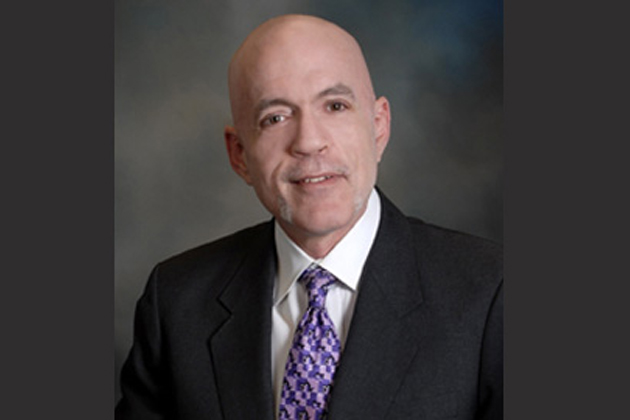
By Cole Lauterbach/Illinois Radio Network
SPRINGFIELD – Democrats in the Illinois House are pushing another stopgap budget for the remainder of this fiscal year, a plan Republicans say would allow the state to continue spending billions of dollars more than it collects.
House Democrats sprang the stopgap spending plan on Republicans Wednesday. If passed, House Bill 109 would allocate $258 million to various social services and $559 million in additional spending. Of that, $287 million would go to higher education to fund three-quarters of a year in MAP grant funding. Community colleges would get $36 million. Another $50 million would go to the Community College board for technical education that is matched by federal funding.
State Rep. Greg Harris, D-Chicago, said during an impromptu committee hearing Wednesday evening that his bill doesn’t add to the backlog of bills because it spends only money from the Commitment to Social Services Fund and the Educational Assistance funds, special set-asides devoted to those purposes.
“It works with resources we have,” Harris said. “It works with resources that can be used for no other purpose other than purposes like this.”
Because of court-ordered spending, the state’s spending continues to outpace revenue by billions of dollars annually, and this bill does not address that.
Earlier Wednesday, Gov. Bruce Rauner said he wouldn’t accept another stopgap spending bill unless it’s coupled with serious reforms that would grow Illinois’ economy.
“Illinois is at a crossroads. We can either keep going down the path of broken budgets, stopgap spending, higher taxes and disappearing jobs, or we can demand a truly balanced budget,” Rauner said. “We cannot accept another Madigan stopgap without a permanent property tax freeze to protect the hardworking taxpayers of Illinois.”
Republicans in committee were given only a couple of hours to read the amendment Harris called a “lifeline bill” that was attached to an existing shell bill.
“One of the most significant challenges that we’ve heard about … is a lack of predictability for these organizations,” state Rep. Tom Demmer, R-Dixon, said. “The only way to give predictability to these organizations is to pass a balanced, comprehensive budget, one that acknowledges the state’s overall commitment to these organizations on a big-picture basis and not just hopping from one stopgap to one stopgap.”
The bill passed 10-5 along party lines and could be voted on by the full House as early as Thursday afternoon.
The 2017 fiscal year ends June 30.






